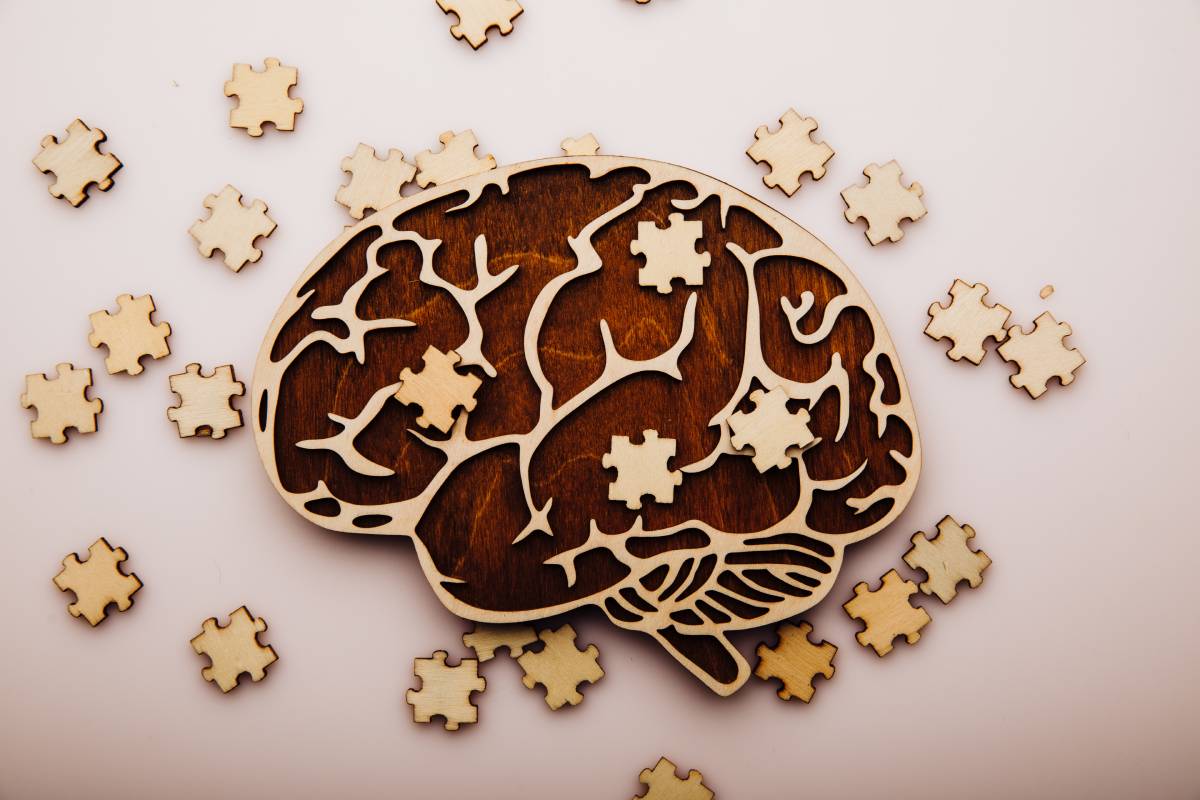You know those INSET days where everyone leaves buzzing for five minutes, then it’s back to the grind with no real follow-through? We’ve all been there. But lately, there’s a proper shift happening in schools, and it’s worth getting excited about it.
Ofsted’s latest guidance is steering away from the old “CPD box-ticking” mindset towards something far more meaningful: sustained professional learning. It’s not just a rebrand.
Inspectors now look for evidence that schools invest in building teachers’ expertise over time. Particularly, the kind that directly supports the delivery of the curriculum, reduces workload pressures, and ultimately benefits pupils.












